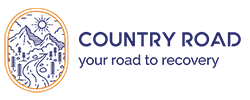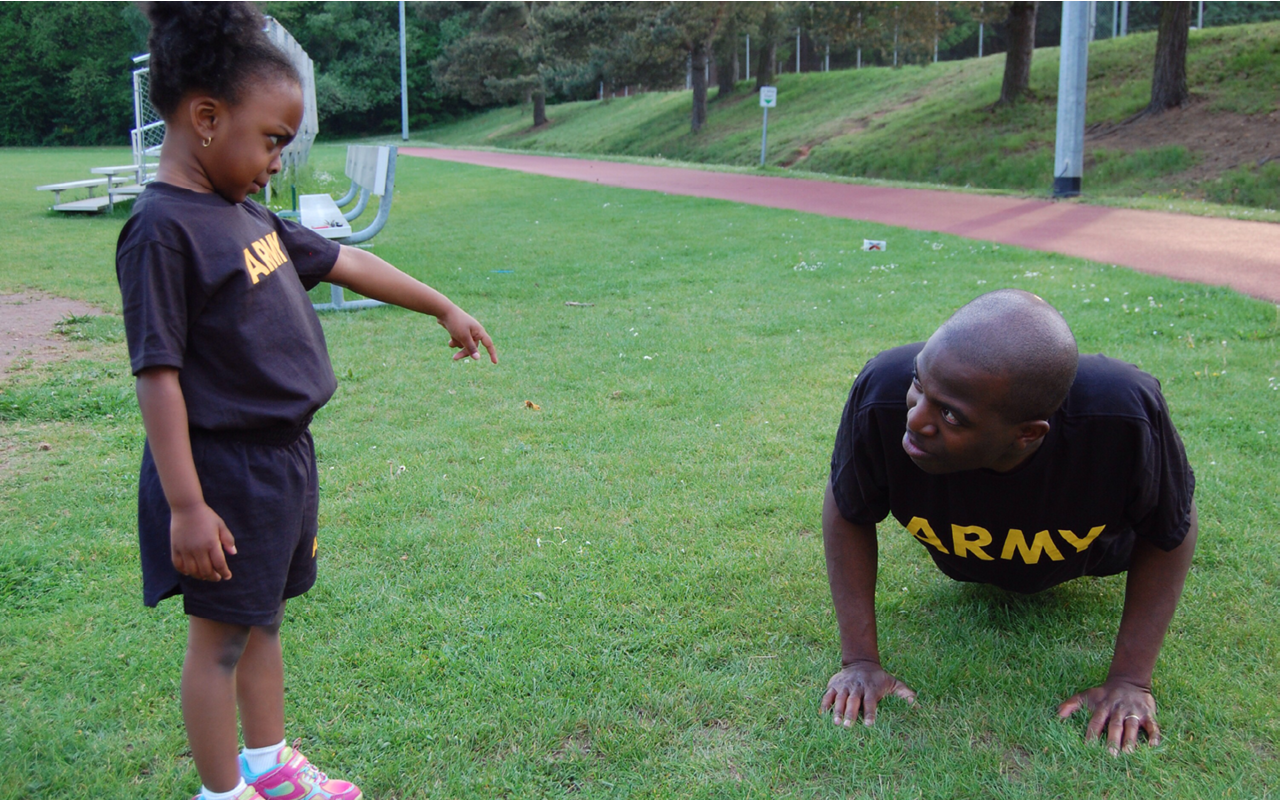Military families carry a heavy load — and that burden is even more difficult when addiction is involved. If you have a loved one that is an addicted veteran, this information about drug and alcohol addiction treatment for veterans could help. You don’t have to do it alone.
Veterans & Addiction
It’s a sad fact that veterans struggle with substance abuse at rates higher than the general population. Yet, it’s not because they are weak or broken. (We know they have courage in spades.) Rather, veterans suffer from traumatic experiences more than the average citizen. All too often, they turn to drugs and alcohol in an attempt to self-medicate problems like PTSD or depression. Before long, they are trapped in a full-blown addiction.
Signs of Addiction: How to Know a Loved One Needs Rehab
Determining if your loved one has a problem with addiction isn’t as simple as counting the beer cans in the recycle bin. Instead, addiction is a brain disease that causes people to continue drinking or using even when they know it is having a negative effect on their life. To know if your loved one has a problem with drugs or alcohol, look at their life.
Are they missing work because of partying or hangovers? Is your relationship with them suffering because of their use? Have they experienced physical or financial problems because of their habits? If the answer to any of these questions are yes — or if you see negative impacts in other areas — they likely have a problem.
What Happens in Rehab
Residential addiction treatment allows your loved one to focus 24/7 on getting well and learning how to stay that way. Upon intake, they’ll meet with a treatment team member for a comprehensive assessment. After learning about their history, patterns of use, and goals, the treatment team will put together a customized program of addiction treatment therapies designed to help them heal.
That might include innovative treatments like EMDR (eye movement desensitization and reprogramming, which has been shown to be effective in veterans with PTSD), or classic treatments like talk therapy. There’s also plenty of downtime for playing a game of volleyball, reading a book, or otherwise doing the little things that help spark the memory of how good life can be without drugs and alcohol.
As the end of treatment nears, the treatment team works with each client to develop an aftercare plan that will allow them to continue their healing and live a life in recovery. The aftercare plan may include outpatient programs, sober living, 12 Step meetings, and more. In all, your loved ones will have the tools they need to continue the road to recovery when they depart.
Family Addiction Treatment
Addiction is a family disease and treatment at Country Road involves the family as well. When appropriate, family members are able to visit their loved ones during treatment. We also offer an in-depth family addiction treatment program that includes meetings with one of our licensed clinicians to help the entire family work through the damage addiction has done. You'll also learn tips on preventing triggers after treatment, and can also learn about Al-Anon and other ways to continue your own recovery.
Get Help for an Addicted Loved One
If you’re ready to get started, give our admissions team a call. Our Admissions Director, Drew La Boon, is a veteran himself and understands the unique needs of vets struggling with addiction. He went through the Country Road addiction treatment program for veterans and now helps other vets find recovery. Let us help you.


